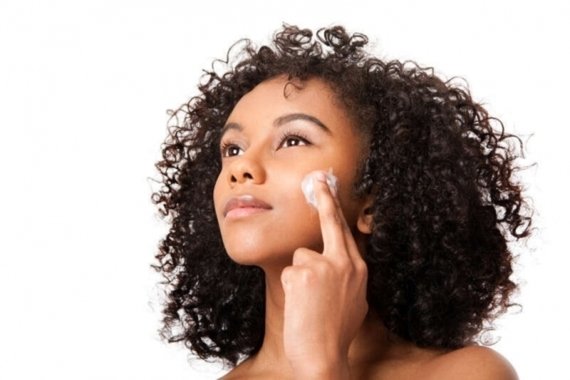Acne Treatments
Acne Treatments at Simple Online Doctor
With Simple Online Doctor, our Australian registered doctor can assess whether treatment for acne is suitable for you. Simply fill out an assessment and our doctor will evaluate your suitability for treatment. If approved, the doctor will pass a prescription to our pharmacy team, who will fill the prescription and dispatch your medicine to your delivery address. All medicines sourced by the pharmacy are from Australian wholesalers, who are fully licensed in Australia, so you can be confident that you are receiving genuine medication.

Overview
There are a number of Acne treatments available from our Online Doctor and Online Pharmacy. Acne can be a massive nuisance. Through our teenage years, it can present itself at the most awkward times, and just as we think we’re too old to be dealing with spots anymore, back it comes. At Simple Online Doctor, you can be prescribed antibiotics for acne by our online doctor. Differin and Epidue gels are also available for acne treatment. No prescription is required, as once you complete your assessment, we can generate this free of charge. Acne is a common skin condition often first appearing in the teenage years. Acne will affects the majority of people at some point in their lives. It causes spots to occur on the face, and other parts of the body, such as the back and chest. Acne spots can vary in size and type. From surface blackheads and whiteheads, which are often mild, non obtrusive, and easily treated, to deep seated, inflamed, pus-filled pustules and cysts. These spots are much more difficult to treat, can sometimes be painful, and can sometimes lead to scarring.
Acne Basics
Hygiene, and keeping your skin clean is important, however spots will still occur, so don’t be disheartened. You should wash the affected areas twice daily (over washing can aggravate your skin) with a mild, oil free, soap or cleanser. Rub gently, as scrubbing too hard, can again irritate the skin and cause flareups. For dry skin, use an oil free moisturiser . They are generally tested, so they won’t cause spots. Look for one that says it is non-comedogenic.
Causes
Causes of Acne
Acne is caused when hair follicles, which are tiny holes on the surface of your skin, become blocked. Sebaceous glands are tiny glands found near the surface of your skin. The glands are attached to hair follicles, which are small holes in your skin that an individual hair grows out of. Sebaceous glands produce an oily substance called sebum to lubricate the hair and the skin to stop it drying out. When the glands produce too much sebum, it can mix with dead skin cells, and plug the follicle. This can also result in very oily skin (Clean and Clear have a wonderful oil blotting sheet to help with this!) If the plugged follicle is close to the surface of the skin, it will bulge outwards, creating a whitehead. Alternatively, the plugged follicle can be open to the skin, creating a blackhead. Sometimes harmless bacteria on the skin can then infect the plugged follicles, which can result in more angry and inflamed papules, pustules, nodules or cysts.







